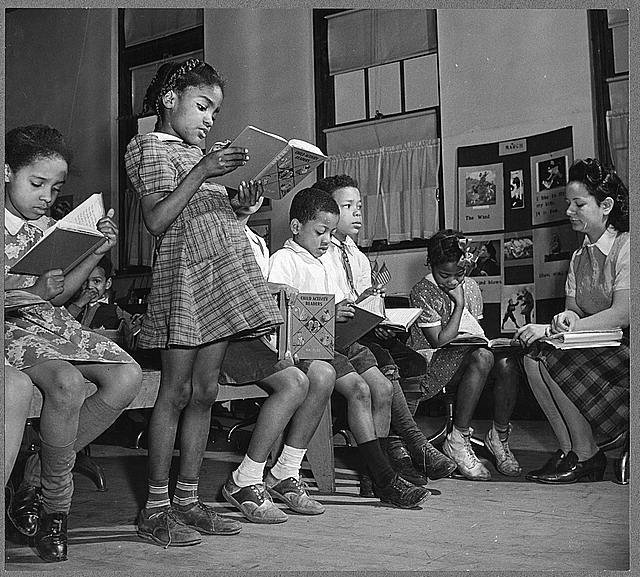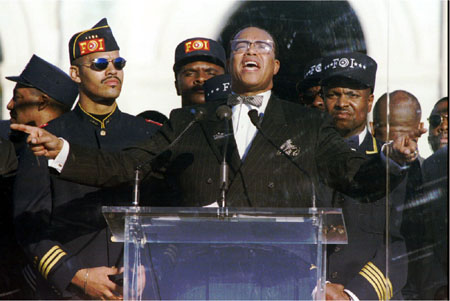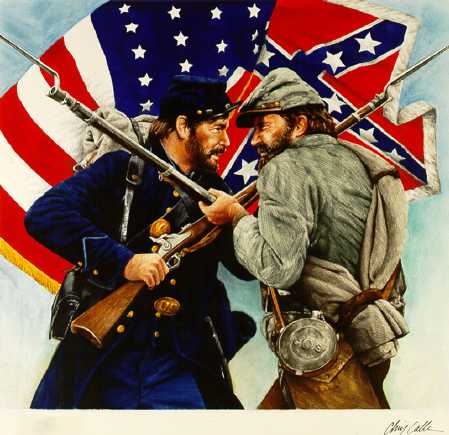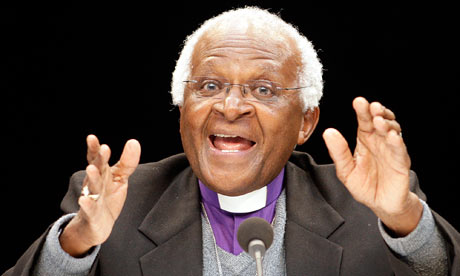1971
Rev. Jesse Jackson founds Operation PUSH, a Chicago-based nonprofit organization that supports black empowerment and self-help
1973
Under mayors Tom Bradley, Maynard Jackson, and Coleman Young, the cities of Los Angeles, Atlanta, and Detroit each declare Martin Luther King Jr.’s birthday a holiday
1975
Harvard University establishes the W.E.B. Du Bois Institute for Afro-American Research, one of the first major African American studies programs
1977
The miniseries adaptation of Alex Haley’s novel Roots, a saga about seven generations of African and African American families, premieres on television to a record-setting number of viewers and sweeps the Emmy Awards
1979
Jesse Jackson meets with heads of state in the Middle East in an attempt to mediate an Arab-Israeli conflict
1980
Rap music emerges on the popular music scene with the Sugarhill Gang’s Rapper’s Delight
1981
Solidarity Day march of civil rights and labor activists draws 300,000 in Washington, D.C. to protest President Reagan’s conservative stance on affirmative action and school desegregation
1983
Guion S. Bluford Jr. becomes the first African American astronaut to orbit the Earth as a member of the space shuttle Challenger’s crew
Vanessa Williams is crowned the first black Miss America
1984
Jesse Jackson makes his first bid for the presidency and receives 3.5 million votes in the Democratic primary; his second bid garners 7 million votes in 1988
NBC’s sitcom The Cosby Show debuts and wins acclaim for its groundbreaking, positive portrayal of an upper-middle-class black family
1989
Gen. Colin Powell serves as the first black chairman of the Joint Chiefs of Staff
David Dinkins becomes New York City’s first black mayor
1990
South African civil rights leader Nelson Mandela is released from prison after three decades of incarceration
1991
Clarence Thomas is confirmed as the second African American justice on the U.S. Supreme Court
1992
Violent riots erupt in Los Angeles in reaction to the acquittal of four white LAPD officers who beat black motorist Rodney King
Carol Moseley-Braun becomes the first African American woman elected to the U.S. Senate
1993
President Clinton appoints four African Americans to cabinet positions: Ron Brown as secretary of commerce, Mike Espy as secretary of agriculture, Hazel O’ Leary as secretary of energy, and Jesse Brown as secretary of veterans’ affairs
African American novelist Toni Morrison wins the Nobel Prize in Literature
1995
Million Man March of African American men, led by Nation of Islam head minister Louis Farrakhan, gathers more than 500,000 African American men to Washington, D.C.
Los Angeles district court acquits former NFL football star O.J. Simpson of the dual homicide of his ex-wife and her friend; the verdict polarizes the nation along racial lines
1996
California voters approve Proposition 209, which prohibits the state government from pursuing affirmative-action policies
1998
Government statistics reveal that the HIV/AIDS virus disproportionately affects the African American community
2000
After 37 years, Thomas E. Blanton and Bobby Frank Cherry are charged for the murder of four African American girls in the 1963 bombing of the Sixteenth Baptist Chuch in Birmingham, Alabama
2003
U.S. Supreme Court rules in Grutter v. Bollinger that the system of awarding points for race in undergraduate admissions is unconstitutional











